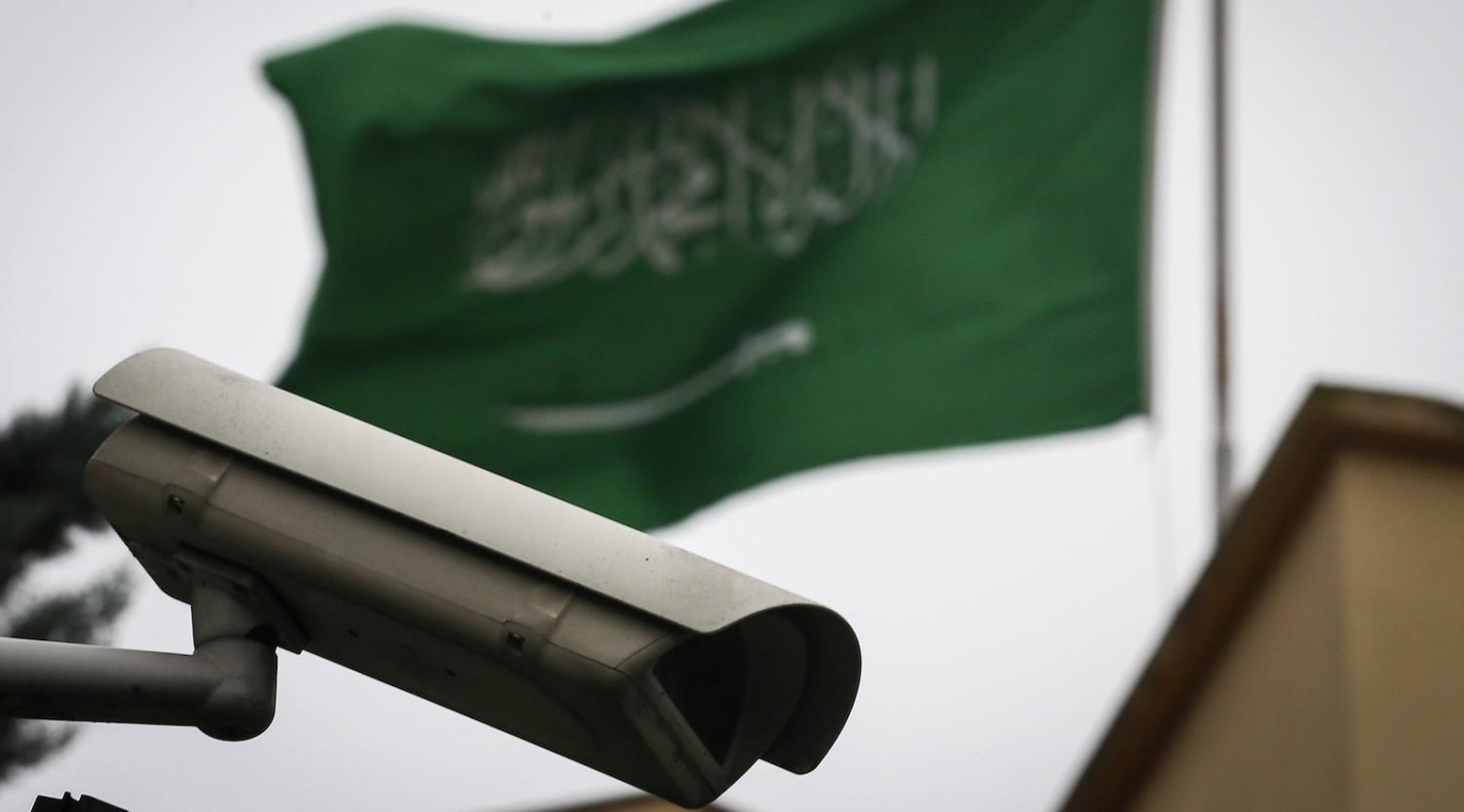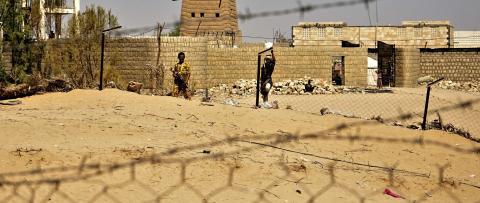Now that the shock of the news that Riyadh may have been so bold as to kill one of its American-based critics inside its consulate in Istanbul has largely sunk in, thoughts inevitably turn to what can be done to express disgust.
Naturally this will need to await the outcome of the Turkish investigation, but some reactions have already occurred. The Washington Post, where Jamal Khashoggi was a columnist, has not surprisingly led the call to isolate Riyadh. One opinion piece asked pointedly, “Will you work for a murderer? That’s the question a host of ex-generals, diplomats, and spies may soon face.” It calls into question the ethical basis of doing consultancy work for the Saudi government in the future.
It all depends if the finger of blame for Khashoggi’s death points to Riyadh, as appears likely.
Another pressure point is the extraordinarily ill-timed “Future Investment Initiative” conference to be held in Riyadh from 23–25 October. It was supposed to showcase the signature “Plan 2030” of Saudi Crown Prince Mohammed bin Salman and had attracted some significant names of individuals and companies, a testament to Saudi Arabia’s enormous financial heft.
It was, somewhat ironically, being held at the Ritz Carlton, the hotel that served for several months as Riyadh’s five-star prison for a slew of wealthy business people, princes, and senior officials accused of corruption.
The agenda, however, reflected a pre-Khashoggi environment where the reality of civil society restrictions within the Kingdom could be ignored or papered over in pursuit of enormous consultancy fees offered by Riyadh. But the disappearance of Khashoggi has changed that, at least for the time being. Hence, the planned break-out session on “Media” led by Boston Consulting Group and another on “Ethics” led by Deloitte are now embarrassing topics for the companies involved.
Support for the conference is hemorrhaging. Media groups have led the rush with the Los Angeles Times, New York Times, The Financial Times, The Economist, CNN, CNBC and Bloomberg all pulling out. But corporates are now also boycotting. Viacom and Uber have also withdrawn. The World Bank president Jim Yong Kim has done likewise. On the guest list though, remain the US Treasury Secretary Steven Mnuchin and also International Monetary Fund chief Christine Lagarde.
Where does that leave Australia? Austrade has been offering facilitation services for Australian companies for the conference, and this should surely be under review, pending the investigation.
Canberra’s otherwise direct exposure to Saudi is limited but not trivial in terms of trade and foreign students. But Riyadh is also highly influential with other Gulf states where problems could be made for Canberra if the Saudis decided to.
It all depends if the finger of blame for Khashoggi’s death points to Riyadh, as appears likely. Then a liberal democracy such as Australia can hardly stand idly by and fail to express its outrage in some concrete manner.
Donald Trump has hardened his language during the past week, saying that Riyadh deserves “severe punishment” if proven responsible for Khashoggi’s death. The foreign ministers of the UK, France and Germany released a joint statement calling for Riyadh’s cooperation in the investigation. Riyadh, for its part, has become increasingly belligerent, with an official source threatening retaliation if any actions are taken against it.
To date, Australia’s Foreign Minister Marise Payne has played an appropriately straight bat, expressing “deep concern” about the claims and awaiting the outcome of the investigation. She will of course be armed with intelligence reports that likely provide the most accurate account of events. But if Saudi complicity is shown based on the investigation and the intelligence reports, there are a number of actions that Canberra could take to make its dismay clear.
The first would be a winding back, or putting a stop to, Defence Minister Christopher Pyne’s desire for a formal defence industry agreement with Saudi Arabia, which Pyne flagged in September. While minister for defence industry before the recent leadership change in Australia, Pyne saw Riyadh as a potential customer for Australian defence exports and, while there is an argument that particular sorts of defensive, and/or non-lethal defence exports are ethically valid, the context has now changed.
And finally if there is sufficient proof (or solid intelligence) of their complicity, Canberra should also work as part of a broader Western coalition to place sanctions on the 15 Saudi nationals identified as the suspected culprits.
The response needs to be strong but measured. Intelligence-sharing arrangements, particularly those involving terrorism and terrorism funding are of mutual benefit to both countries, as is the vast majority of trade – dominated by agriculture and services such as education. Australia should do its part in sending a message to Riyadh, and there are certainly ways open to it as part of a broader Western response.
If that attracts a reaction from Riyadh, then so be it.

